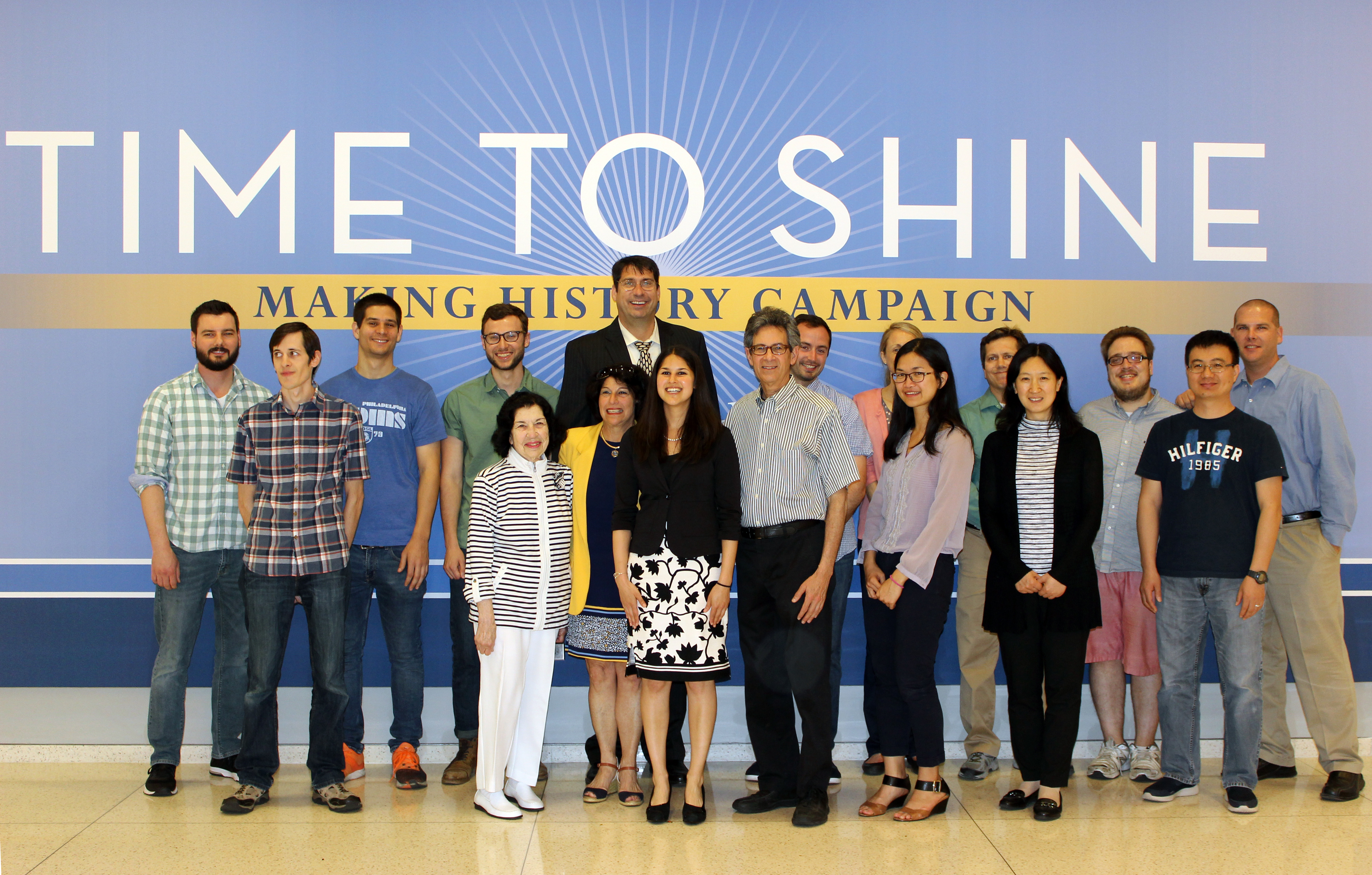Riley Lab
Research

Dr. Riley’s lab studies the signals that control primary human T cell activation and function with special attention to how these manipulations can be exploited to develop T cell therapies for HIV, autoimmune disease and cancer. We are studying how to best re-direct and expand human T regulatory cells for use in the treatment of autoimmune disease. We are evaluating both the use of TCR and CARs to redirect Tregs and studying both how these methods provide antigen suppression and if these approaches alter T regulatory cell stability. Part of this research is studies to understand how altering the media by which T cells are expanded in alters their function and engraftment potential in vivo. These studies have spurred interested on how various metabolic pathways are perturb by external signaling and environment. The lab is also focused on designing HIV resistant, HIV specific T cells to be key players in the HIV Cure effort. As a leader of the BEAT HIV Martin Delaney Collaboratory Dr. Riley is evaluating ways to make T cells resistant to HIV entry and integration and developing HIV-1 specific chimeric antigen receptors to evaluate the ability of these T cells to control HIV replication in both in vitro and humanized mouse studies. Dr. Riley’s basic research findings using primary human T cells have been used as the basis and rationale for numerous Phase I adoptive T cell therapy clinical trials.

 `
`